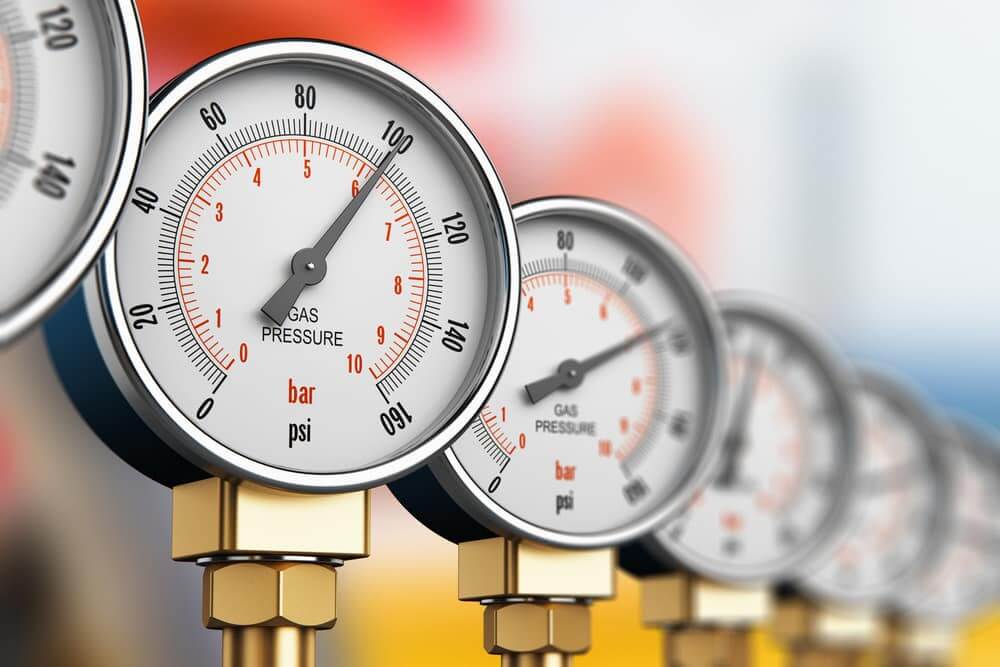
New York City Ban Natural Gas in Buildings
The New York City Council expects to ban natural gas in new buildings.
In the short term, the new law will have little effect on reducing carbon emissions in New York City because many older buildings will not be affected. The new structures will use electricity generated with fossil fuels anyway. Longer-term, the state intends to phase out fossil fuels in power generation.
San Jose, California, the most populous city in the United States, has banned natural gas in new buildings.
In 2020, carbon emissions from fossil fuels in the United States will be at their lowest level since 1983. Nonetheless, they anticipate a 7% increase in 2021 as power providers burn more coal to generate electricity as natural gas prices rise sharply.
The move-in New York may result in higher heating costs for buildings that use electricity rather than natural gas. The average household in the Northeast of the United States expects to pay $1,538 to heat their home with electricity, compared to $865 for natural gas. Nearly half of the power generated in New York State this year has come from the combustion of fossil fuels – 45 percent from gas and 4 percent from oil – with another 24 percent from nuclear power and 22 percent from hydropower.
Carbon emissions from the power sector in New York State should decrease in the future because the state passed legislation in 2019 requiring all electricity to come from clean, carbon-free sources of energy such as renewables and nuclear by 2040.
The Oil and Gas Industry
The environmental advocacy group RMI analyzed city greenhouse gas data. According to it, burning fuels for space and water heating in buildings accounts for nearly 40% of the city’s total greenhouse gas (GHG) emissions.
The oil and gas industry opposed the proposal. It claimed that using gas for space heating would reduce emissions and lower customer costs. This, combined with clean fuels like hydrogen and renewable natural gas from landfills, will be very effective.
Meanwhile, in Europe, natural gas shortages have caused energy prices to skyrocket to all-time highs in recent months. Hence, the European Union debates whether to classify gas-fired power plants as green investments to meet climate targets.
-
Support
-
Platform
-
Spread
-
Trading Instrument




